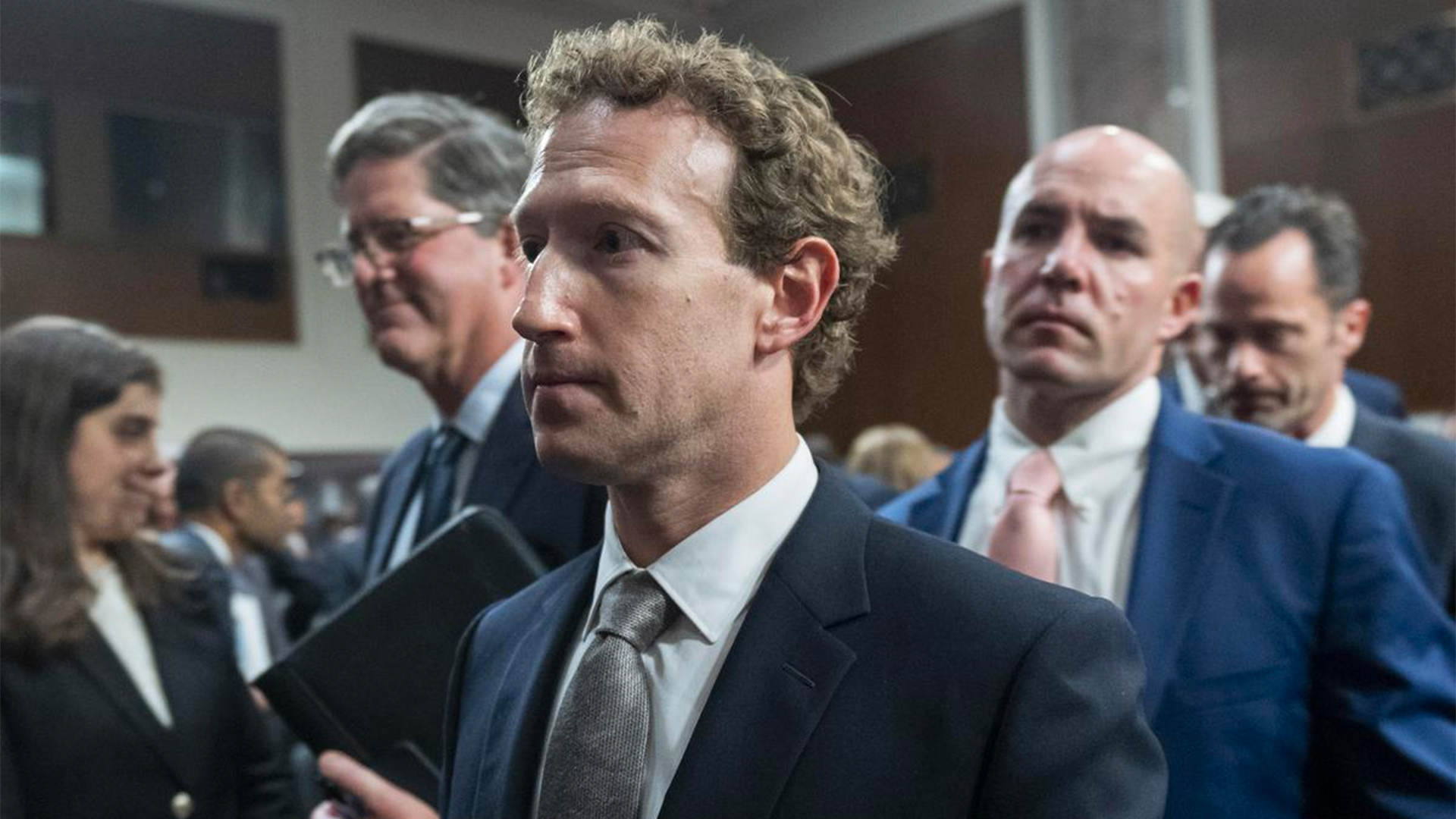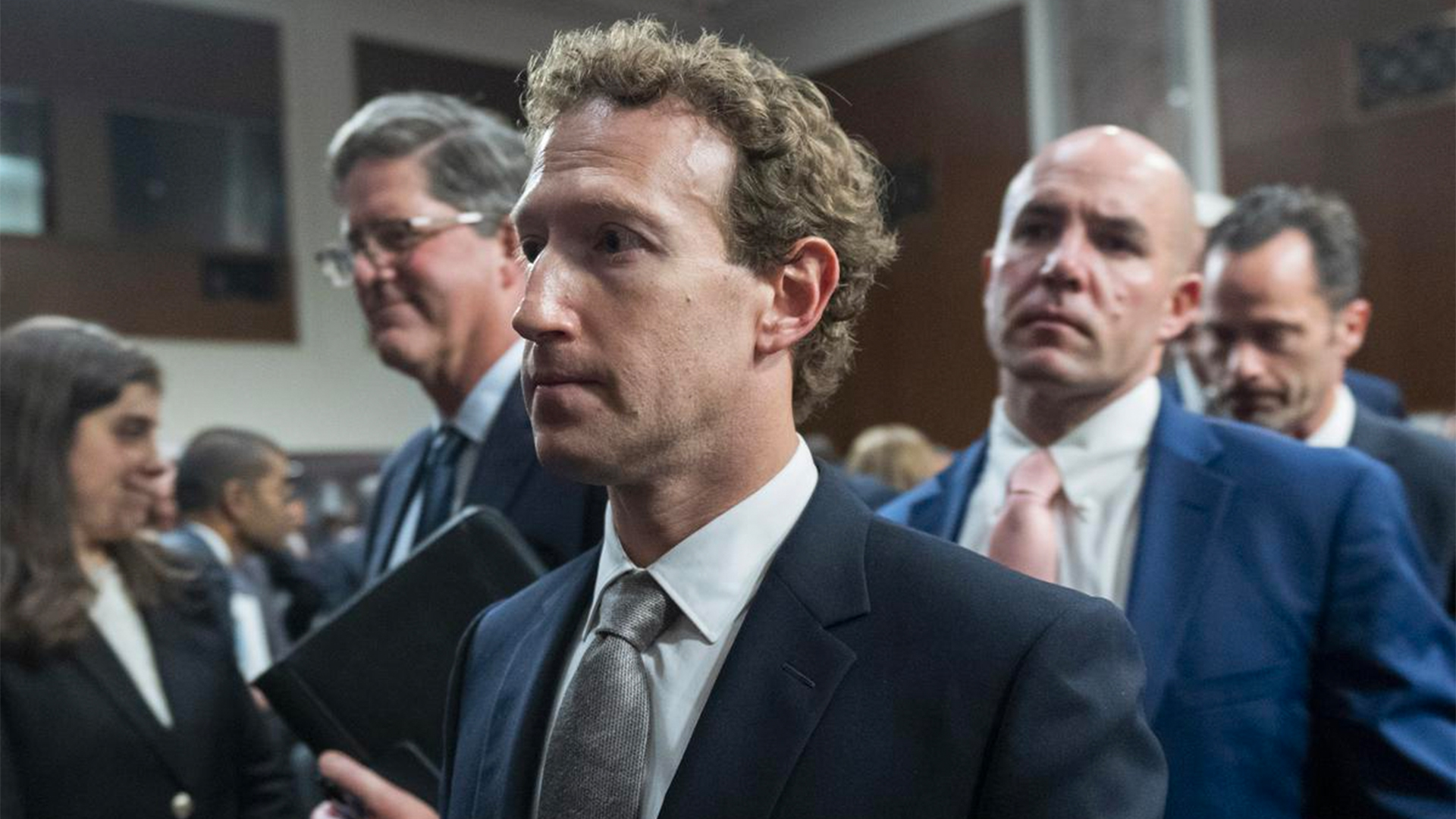Editor’s note: When President Ram Nath Kovind delivered the 22nd convocation address at NIMHANS in December 2017, he pointed out that the number of people in India suffering from mental health issues “was greater than the population of Japan”. He warned that India could soon be facing a mental health epidemic — one it doesn’t have the resources to adequately address. Previously, a 2015 ASSOCHAM study indicated that 42.5 percent of employees in the private sector suffer from depression or general anxiety disorder.
The stresses of the modern workplace can both cause or exacerbate mental health illnesses among employees. But just how well-equipped are modern workplaces to deal with these very issues of employees? In the first of this two-part series, Firstpost examines the experiences of individuals dealing with mental health issues — and whether or not they were able to find support at their workplaces for their conditions.
Mansi* had a high pressure job as a festival and production manager. She remembers this job as being so demanding that she could not adequately rest on most days. Impossible deadlines were an everyday occurrence. Mansi also has depression; she would often find herself crying at work and taking breaks to get some space from the unrelenting stress. (The job didn’t trigger her depression; it was a pre-existing condition.)
Her colleagues did their best to understand when Mansi broke down or looked sick. When she told them that she had too much on her plate, they would sometimes reduce the workload marginally. Most times, she was told she could “manage” — a peril of being a high-performing depressed person, which meant that she was able to finish tasks and complete her work despite having a mental health issue.
Mansi revealed to her employers that she had depression when she joined the company. Though there were attempts to understand her condition, the lack of proper knowledge and a seeming unwillingness to know more meant that their sensitivity was often misplaced, if not entirely absent during stressful periods. They did not have a framed policy in place to help Mansi and others who had mental health issues (MHI) to cope better.
Today, more than ever, people are making their careers the focus of their very existence ; some by choice, others by circumstance. Stress, physical exhaustion and burn out seem to have become acceptable — if not boast-worthy — side effects of being employed. A 2017 WHO report estimated that 57 million Indians are affected by depression. Thirty eight million people are estimated to be suffering from anxiety. This 2016 study involving 6,000 employees found that one in every two people in corporate India showed signs of depression, and 40 percent of respondents to a Harvard Business Review survey said that their workload was excessive, even coming in the way of efficiency. Nine percent of 500 corporate employees surveyed by ASSOCHAM in 2018 said they suffer from sleep disorders.
How well-equipped are modern workplaces to deal with these very side-effects they seem to be creating or exacerbating in their employees?
Digging a little deeper, we found that Mansi’s story was not an outlier: many places of employment did not create safe places for employees who were dealing with mental health issues, and the environments they fostered did not treat already distressed individuals with the care they needed — even when the employee in question had been open about his/her issues before joining the workplace.
“I think there are very few companies who even acknowledge mental health issues at all. What we don’t talk about is an indication of what we think is not significant enough,” says Sonali Gupta, a Mumbai-based clinical psychologist. She has found that some employers and managers are supportive – going to the extent of even paying for counselling sessions – but that this is an exception rather than the norm.
Sonali says that many companies are not equipped to handle situations such as panic attacks. “Many offices do not even have spaces where people can cry or try to calm themselves down when they are having panic attacks. My clients have had to visit washrooms or go for cigarette breaks to relieve themselves because they were too suffocated by the office,” she explains.
As Mansi’s story indicated, work pressure is one factor — that when unregulated — led to worsening of pre-existing MHIs. Having unsympathetic superiors and colleagues is another.
Anuja*, a 24-year-old researcher, was diagnosed with chronic anxiety at the age of 17. Working under an unsupportive and critical boss at her lab (Anuja recounts instances of being forced to work on unrelated projects, then being loudly reprimanded for not being able to meet deadlines on her actual tasks) made her miserable and panicky. Sanya*, 22, who worked with a PR agency, remembers how her team leader brusquely asked her to “get on with it” and to “stop over-reacting” when she found her at her desk one day, trembling in the midst of an anxiety attack. When Sanya finally quit her job, a former boss asked her months later how she spent so much time on social media when she was “supposedly ill”.
Anuja points out that mental health wasn’t a subject ever discussed at her lab. “Stress was treated as a side effect of the job that you have to simply deal with. They did nothing to make the situation better. Rather, they called individuals who had breakdowns too weak to handle the job,” she says, indicating a mindset that seems pervasive in many modern workplaces.
Many of the interviewees Firstpost reached out to said they had approached the Human Resources Department of their respective workplaces. In the absence of clear guidelines on how to deal with the situation, however, there was little real help to be found.
Anand* had been dealing with anxiety and panic attacks since before he got a job at a media and broadcast company. His manager would object to him coming late to work or taking leaves because he was having an attack. “When I tried to speak to my manager about it, he laughed it off and mocked me by saying that anxiety needs to be ‘treated in a hospital with medicines’,” he says.
Even seemingly ‘liberal’ workplaces and industries may not have the best track record for dealing with their employees’ mental health issues. Twenty four-year-old Neha* found that talking about her mental health issues at the NGO where she was employed was a taboo. Ironically, some of the NGO’s work pertained to the area of mental health. “When I told my boss about the strain that the work was causing, she tried to make a few changes, but they were mostly superficial,” she says.
Jasdeep Mago, a Mumbai-based clinical neuropsychologist, says that larger corporations (perhaps unsurprisingly) tend to have more employees reporting unsatisfactory management response towards their mental health issues. “In a startup, people share the load since they work in small teams. In big corporate companies, there is only so much the HR department can take care of; comparatively less attention is paid to each individual employee. For example, an alarmingly high number of suicides have been reported from Infosys,” she says.
But this does not mean that small organisations which do not have traditional hierarchies are immune to these problems. Jason*, who worked at a tech company with a workforce of only 20 people, developed minor anxiety because of the competitive environment and unrealistic deadlines. There was no HR department he could approach, and his concerns would not be taken seriously by his boss unless there were others who were facing the same issues.
None of the people Firstpost interviewed said that their workplace had a clear policy on employees’ mental health and the support it would provide to those who had MHIs. If there was such a policy in place, the employees themselves seemed unaware of its provisions. The Indian government has, in its own capacity, passed the Mental Healthcare Bill 2016 , which decriminalised suicide and ensured that every person has the right to “access mental health care and treatment from mental health services run or funded by the appropriate government”. It also released the National Mental Health Policy , which specifically took into account vulnerable sections of the population, including orphans, marginalised individuals and those who are internally displaced.
Still, the fear of being stigmatised and being discriminated against prevents many young professionals from speaking out. This is perhaps why Payal* cited being physically unwell as a reason for taking sick leaves from her workplace, when she was in truth coping with generalised anxiety disorder. Achala*, a 30-year-old journalist with a leading Mumbai daily, says that she was ridiculed by her boss for visiting a psychiatrist. “Because psychiatric drugs cause side effects, my doctors need to work in tandem. This is why I often need to visit a hospital. My boss equated this with being ‘pampered’ and even said that my parents should have used corporal punishment to discipline me when I was a child,” she recalls.
At a time when workplaces are making their policies regarding sexual harassment explicit and easy to understand at the induction stage, why the same emphasis cannot be laid on dealing with stress and mental health is unclear. Prospective employees are asked to list medical conditions like diabetes or heart disease, but not usually about their mental health issues.
There is rarely an open conversation about mental health at most workplaces. Many individuals avoid speaking about it entirely, for the fear of being discriminated against. “There’s also a fear that revealing MHIs will lead to being fired, because bosses will view them as being unfit or incapable for the job, which is far from the truth,” says Jasdeep. Sonali echoes the sentiment. “Workplaces need to acknowledge that mental health is a real concern – not an excuse or way to cut work. It should not be a label, and should not impact their promotions or the work that is assigned to them,” she says.
Where workplaces have failed them, individuals have attempted to find their own way to better mental health. Anuja, for instance, moved to another research lab — after conducting a thorough check into their policies on mental health of employees. Neha, meanwhile, is freelancing while she undergoes therapy. There is light at the end of the tunnel, even if the passage through the darkness has been a long, lonely one.
If you would like to seek help for mental health issues resulting from your job or other causes, you can call:
iCall (Mumbai) - +91-22-25521111
Sahai (Bengaluru) - +91-80-25497777
St Stephen’s Hospital and Emmanuel Hospital Association (New Delhi) - +18-60-2662345
Lifeline Foundation (Kolkata) - +91-33-24637401
In part II, we look at what workplaces have to say about dealing with employees’ mental health. Read it here .
*All names have been changed on request


)




)
)
)
)
)
)
)
)